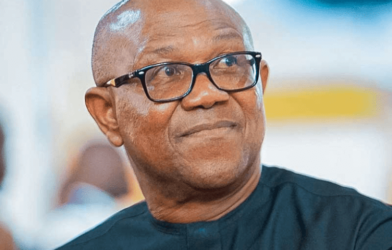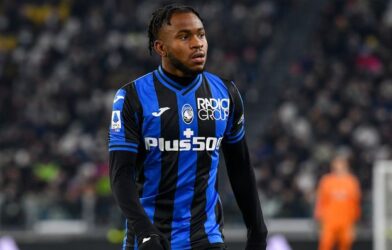Anger is a barren human emotion, vacant of logic, rhyme, and reason. It is the stuff of that uncritical, unthinking, and irrational section of the human interior. Anger does not follow thought, and thought does not follow anger.
Anger is the mitochondria of the ‘’mobs’’. Sadly, this anger is misplaced, misdirected and mis-catalysed. The animus seems inspired by primordial schmaltz and not anything altruistic. Anger of which chief aim is to exact vengeance cannot change society but bring doom upon it.
I have been overwhelmed by concern over the heightened tension foisted on the nation partly by the declarations, imprudence, and miscues of two sides of the mob. There are always two sides to bigotry. Particularly concerning is the tension among Nigerians who have lived together in harmony for decades in Lagos state.
First, it is bad politics for anyone, particularly a non-native to make ‘’taking over Lagos’’ a refrain. ‘’We’ll take over Lagos’’ – is bad sloganeering. It is revolting, and naturally will provoke resistance. I believe the same resistance will be compelled if non-natives of Anambra, for instance, say they want to change the political order in the state.
The duelling mobs have been dutiful with divisive propaganda, which now appears to be pitting Nigerians against one another. Tired and enraging motifs like ‘’No man’s land’’ have been reintroduced into the public discourse. But Lagos, clearly, has aboriginal owners. It is the territorial heritage of the Yoruba.
This is distressing rhetoric, really. Lagos is a melting pot of cultures and people. It has been welcoming and accommodating of everyone. It is depressing that this lodestar among states is the subject of vicious barbs and back talks. The real wealth of Lagos is its diversity. It is essential that Nigerians cognise this fact and protect the peace and sanity of the state.
Second, it is important that Nigerians understand that the factotums of the brawling mobs do not represent any group. These are half-witted individuals who lack knowledge of history, direction, and constipated by anger. Let it be clear that they do not represent any ethnic group.
Third, it is dangerous and unacceptable to profile any Nigerian citizen for whatever reason. We are all Nigerians with mutually guaranteed rights under the constitution. We must make a departure from the old ways of reasoning and interrogating issues. There is a need for us to discard prejudices and put Nigeria’s unity and Nigerians first in whatever we say and do.
I was among the very few writers who spoke against the profiling of the Fulani when speaking out earned you excoriation and cancellation, and if you come from my part of the country, a death sentence. In fact, the detained leader of IPOB did a broadcast calling for my beheading.
The bottom line is, we must be sensitive to Nigeria’s unity, peace, and harmony. “One Nigeria” is not vacant of meaning. It must mean something to us. We must imbibe it, and it should reflect in our thinking, in what we say and do. Is what we are saying promoting peace, unity, and facilitating the healing of all Nigerians or is it deepening strife and tension?
We must understand the intricacies of governance and diversity and should not in any way become vectors of the social media contagion or soundboard for the noise, hate and prejudices of that ungoverned space. Nigeria is in our hands. The healing we all seek and the unity we all seek begin with every word we say.
Fourth, Nigerians must be mindful of the sort of rhetoric they promote. We cannot build a country on mutual hostilities. Hate and prejudice are the thoroughfare to Rwanda. It is troubling that the injudiciousness of the sparring mobs has dissolved into ethnic recriminations.
What some of those battering one another on the amphitheatres of ethnicity may not know is that the Yoruba and the Igbo are of the same ethnic phylum. Renowned scholars and historians like Adiele Afigbo and Samuel Johnson established this kinship which colonial politics of divide and conquer submerged.
As I wrote in ‘’Do the Igbo and Yoruba know they are sons of Oduduwa’’, the two groups have had established trade-links dating to the period before contact with the first Europeans. And they are known to share passion for industry; are convivial, accommodating and peace loving.
Also, there is no documented history of war between the Igbo and the Yoruba despite occupying the same “southern hemisphere”. In the precolonial times, wars among kingdoms and natives were common, but there is no recorded incident of battle between the clans and kingdoms of the two groups.
In language, they are both of the Kwa-group Niger-Congo origin. The similarities between the Yoruba and the Igbo language are remarkable, if not uncanny, which point to an identical fount. We are too connected to be divided.
I condemn the violence, voter intimidation and harassment across the 31 states in the governorship elections. And I plead with all Nigerians to submit to peace and unity to build our nation and a brighter future for everyone.
Fredrick Nwabufo Is A Media Executive.












Comments are closed